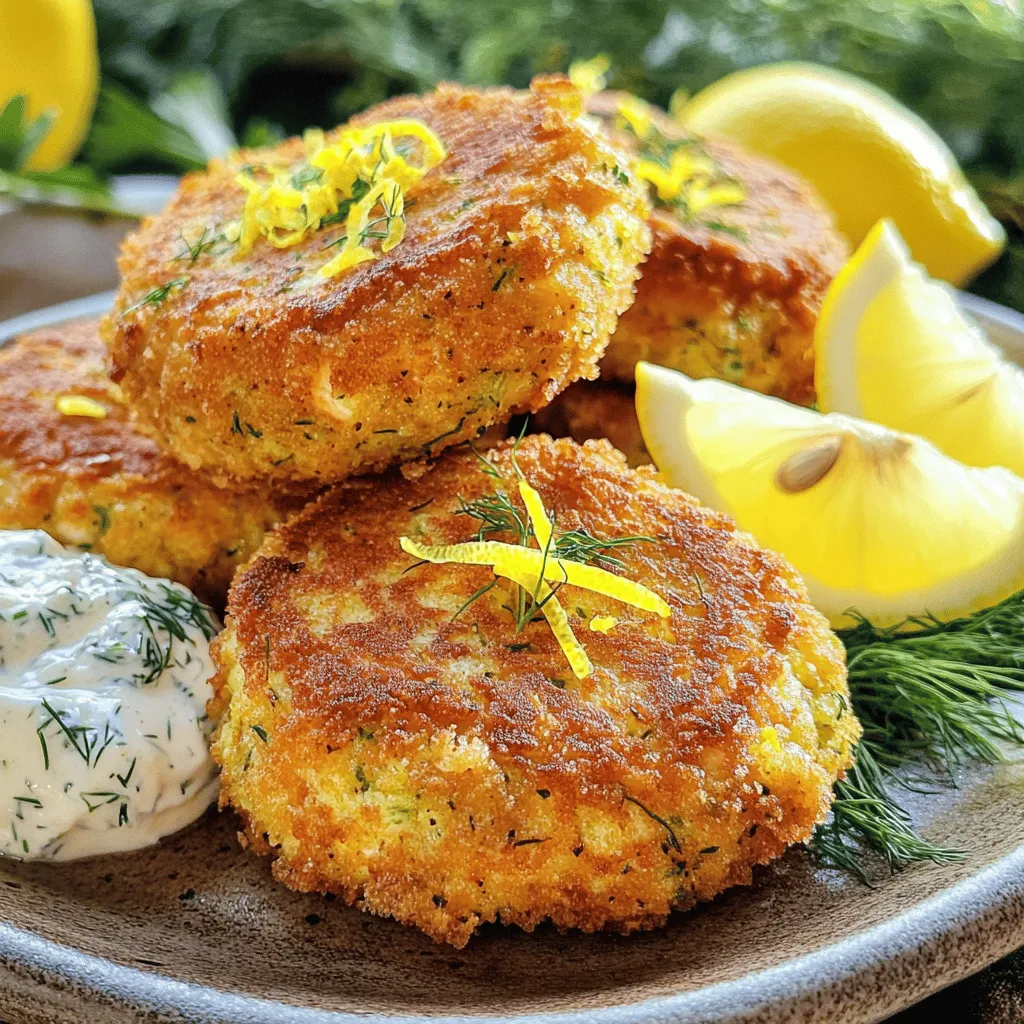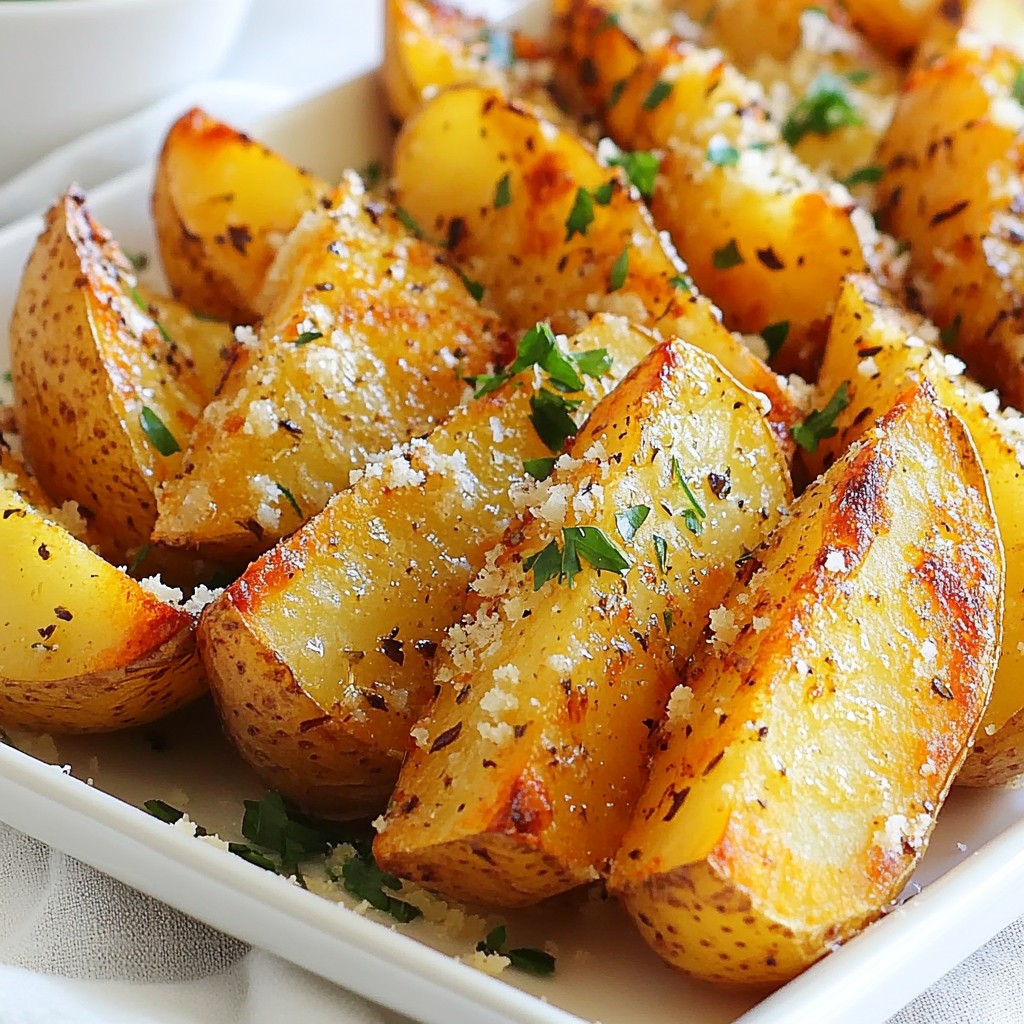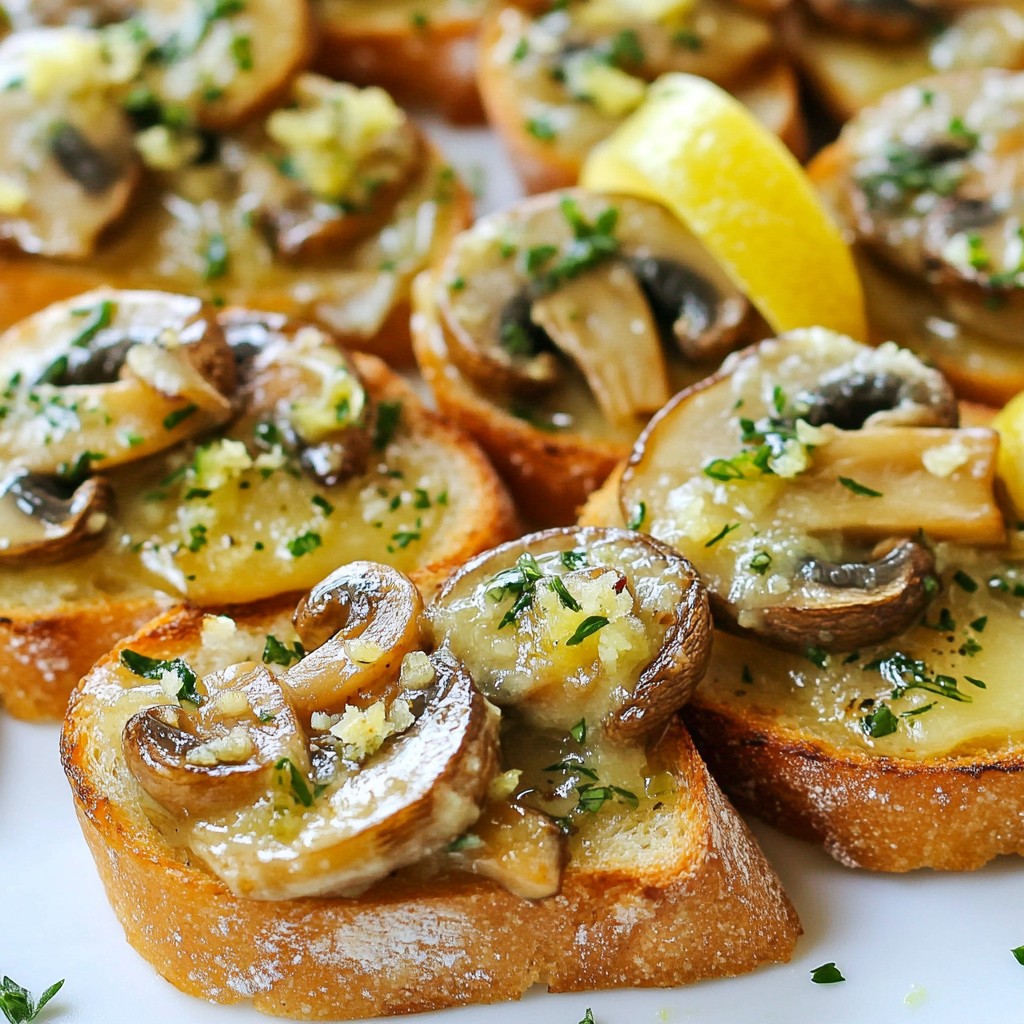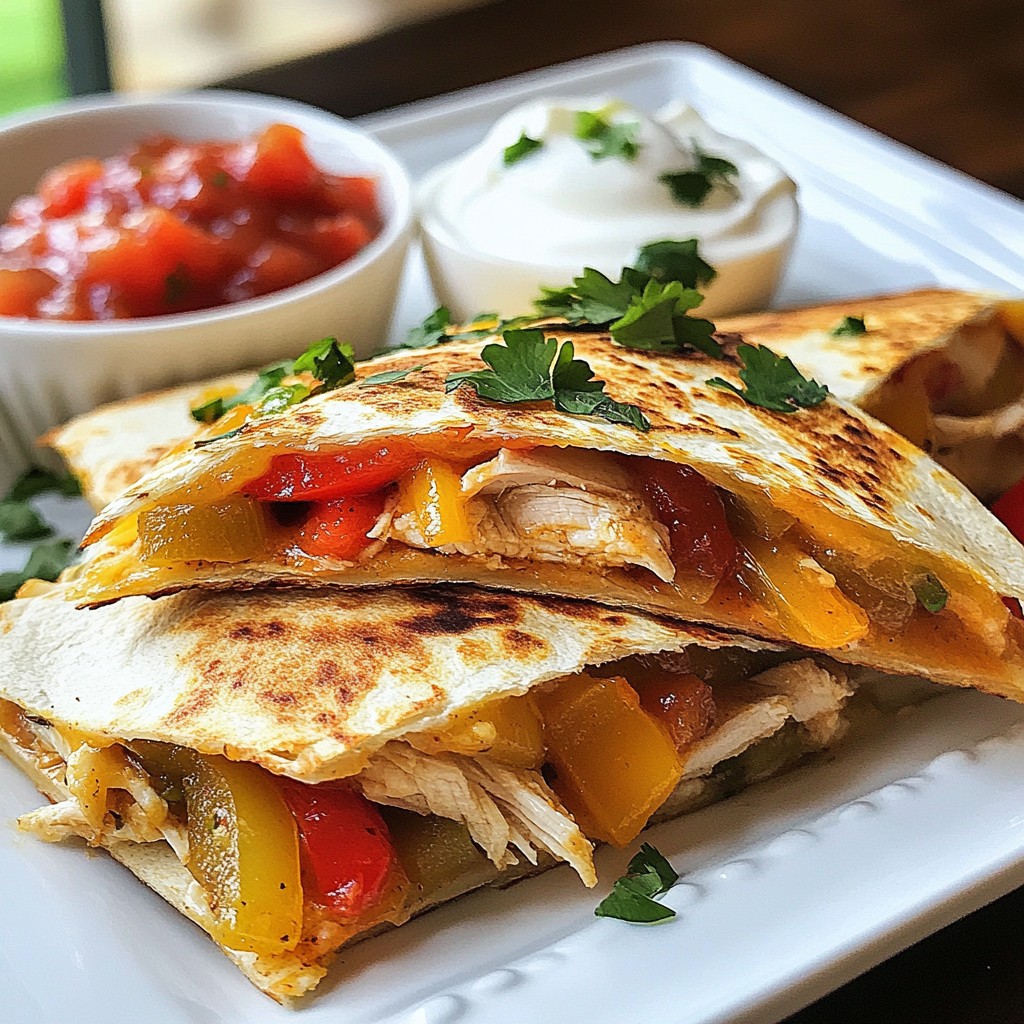Get ready to elevate your dinner with my Lemon Dill Salmon Cakes! This easy recipe bursts with bright flavors and can fit perfectly into any meal. Whether you’re mastering cooking techniques or looking for tasty serving ideas, this blog post covers it all. With simple steps, helpful tips, and variations, you’ll impress even the pickiest eaters. Dive in to learn how to make these delicious salmon cakes today!
Ingredients
List of Ingredients
To make Lemon Dill Salmon Cakes, gather these simple ingredients:
– 1 can (14.75 oz) wild-caught salmon, drained and flaked
– 1/2 cup panko breadcrumbs
– 1 large egg, beaten until frothy
– 2 tablespoons fresh dill, finely chopped
– 1 tablespoon lemon zest (from about 1 lemon)
– 2 tablespoons fresh lemon juice
– 1 green onion, finely sliced
– 1/4 teaspoon garlic powder
– 1/4 teaspoon freshly cracked black pepper
– 1/2 teaspoon sea salt
– 2 tablespoons olive oil (for frying)
Optional Seasonings
You can add a few extra flavors to elevate your salmon cakes:
– A pinch of cayenne pepper for heat
– A teaspoon of Dijon mustard for a tangy kick
– Fresh parsley for extra freshness
– A dash of Worcestershire sauce for depth
These seasonings can enhance the taste and make your cakes unique.
Nutritional Information
Lemon Dill Salmon Cakes are not just tasty, they are also nutritious. Here’s a breakdown per serving:
– Calories: 250
– Protein: 20g
– Carbohydrates: 15g
– Fat: 12g
– Fiber: 1g
These salmon cakes offer a good source of protein and healthy fats. They make for a balanced meal or snack. Enjoy making these cakes and feel good about what you eat!
Step-by-Step Instructions
Preparation Steps
Start by gathering your ingredients. You’ll need a can of wild-caught salmon, panko breadcrumbs, a large egg, fresh dill, lemon zest, lemon juice, green onion, garlic powder, black pepper, and sea salt.
1. Mix the Base: In a large bowl, combine the drained salmon, panko breadcrumbs, and beaten egg. Gently mix so the salmon stays flaked.
2. Add Flavor: Next, stir in the chopped dill, lemon zest, lemon juice, sliced green onion, garlic powder, black pepper, and sea salt. Mix until everything is well combined.
3. Check Consistency: If the mixture feels too dry, add a splash of lemon juice. If it’s too wet, mix in more breadcrumbs.
Cooking Process
1. Shape the Patties: Take the mixture and form it into small patties, about 2-3 inches wide. Press gently to help them hold their shape.
2. Heat the Oil: In a large skillet, heat olive oil over medium heat. Wait until the oil shimmers, which means it’s hot enough.
3. Fry the Cakes: Place the patties in the skillet, making sure not to overcrowd the pan. You may need to fry them in batches. Cook for about 4-5 minutes on each side until they are golden brown and crispy.
4. Drain Excess Oil: Once cooked, transfer the salmon cakes to a plate lined with paper towels to absorb any extra oil.
Serving Suggestions
Serve the salmon cakes warm. For a fresh touch, add lemon wedges and a dollop of tartar sauce or yogurt on the side.
For a nice presentation, arrange the cakes on a platter with extra lemon wedges and sprinkle more dill on top. Enjoy your flavorful meal!
Tips & Tricks
Perfecting the Texture
To get the best texture, start by mixing the salmon gently. You want to keep those flakes intact. Use panko breadcrumbs; they add a nice crunch. If your mixture feels dry, add more lemon juice. If it’s too wet, mix in more breadcrumbs. Aim for a consistency that holds shape but is not too stiff.
Enhancing Flavor with Substitutions
You can switch some ingredients to change the flavor. Try using fresh herbs like parsley or cilantro instead of dill. For a spicy kick, add a dash of cayenne pepper. If you don’t have lemon, lime juice works well too. Each change brings a new twist to the dish while keeping it delicious.
Cooking Techniques for Crispy Salmon Cakes
Frying gives the best crispiness. Use a non-stick skillet for easy flipping. Make sure the oil is hot before adding the cakes. This helps form a nice crust. Cook each side for about 4-5 minutes until golden brown. Avoid overcrowding the pan to ensure even cooking.
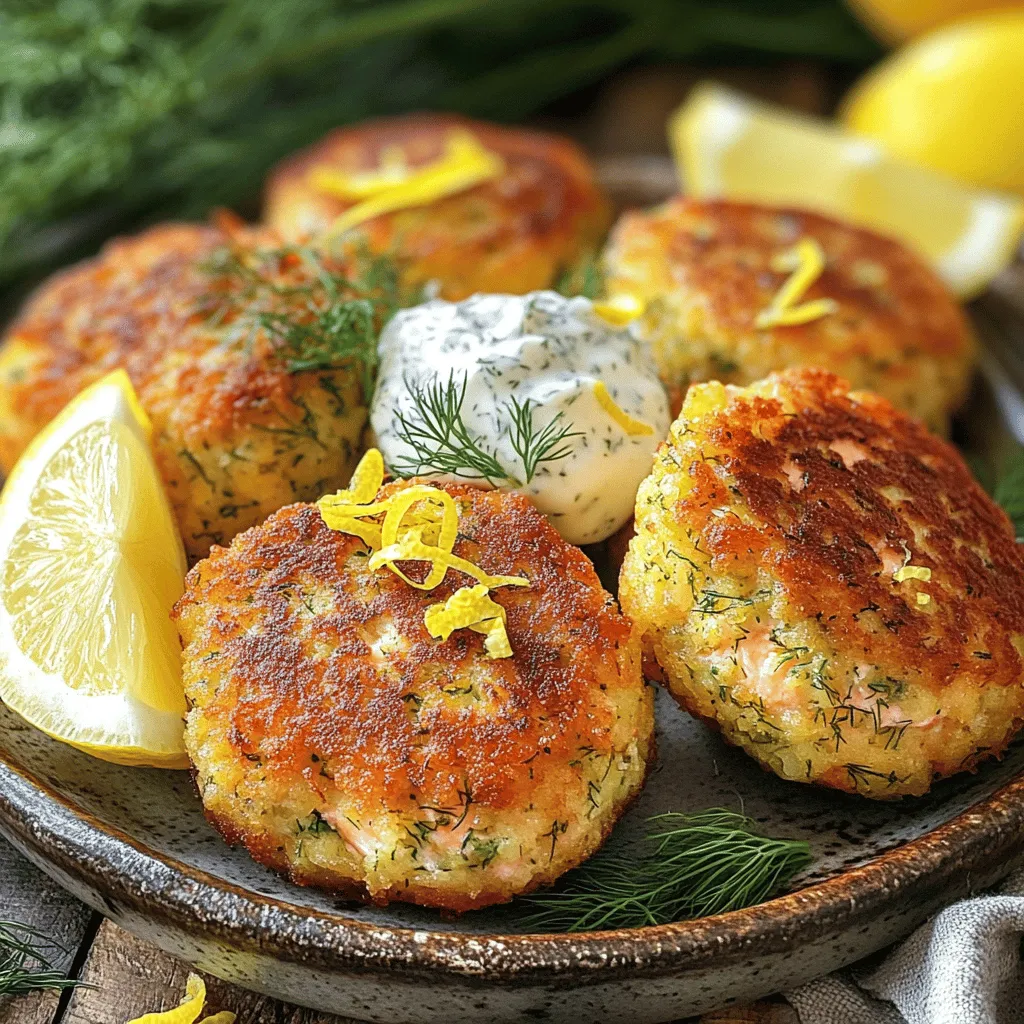
Variations
Alternative Ingredients
You can switch out the salmon for other fish. Try using tuna or crab. For a vegetarian option, use chickpeas or cooked quinoa. Each choice gives a new twist. You can also swap panko for crushed crackers or cornmeal for a different texture.
Different Flavor Profiles
Change the herbs to mix up the taste. Try parsley, cilantro, or basil. You can also add spices like paprika or cayenne for heat. If you like a smoky flavor, use smoked salmon. Add a splash of hot sauce for a kick. These changes keep the dish exciting and fresh.
Serving Ideas
Serve the salmon cakes as sliders. Use small buns and add lettuce and tomato. They make great appetizers for parties too. You can also top a salad with the cakes for a healthy meal. Pair them with a dip like tzatziki or aioli. Enjoy them with fresh veggies or a side of rice for a full meal.
Storage Info
How to Store Leftovers
To keep leftover lemon dill salmon cakes fresh, place them in an airtight container. Make sure they cool down first. Store them in the fridge for up to three days. If you want to keep them longer, freezing is a great option.
Reheating Methods
When it’s time to reheat, I recommend using the oven or a skillet. For the oven, preheat it to 350°F (175°C). Place the salmon cakes on a baking sheet and heat for about 10-15 minutes. In a skillet, heat a little olive oil over medium heat. Cook the cakes for about 3-4 minutes on each side. This method keeps them crispy.
Freezing for Future Meals
If you want to freeze the salmon cakes, do so before cooking them. Form the patties and place them in a single layer on a baking sheet. Freeze them for about two hours, then transfer them to a freezer bag. They can stay in the freezer for up to three months. When you’re ready to cook, just thaw them in the fridge overnight and then fry as usual.
FAQs
How to make salmon cakes without egg?
You can make salmon cakes without egg by using a binder. Try mashed potatoes or breadcrumbs mixed with a bit of water. This will help hold the cakes together. You can also use ground flaxseed mixed with water. This mix is a great substitute and keeps the cakes moist.
Can I use fresh salmon instead of canned?
Yes, you can use fresh salmon instead of canned. Just cook the salmon first. Then, flake it and follow the same steps in the recipe. Fresh salmon adds a rich flavor and a tender texture to the cakes. Be sure to remove any bones and skin before mixing.
What to serve with lemon dill salmon cakes?
Lemon dill salmon cakes pair well with many sides. Try serving them with a fresh salad for a light meal. You can also add roasted vegetables for more flavor. Tartar sauce or yogurt makes a great dip. Lemon wedges on the side add a nice touch of zest.
This guide covers all you need to know about making salmon cakes. We explored ingredients, tips, cooking steps, and variations. You learned how to enhance flavor and achieve the perfect texture. Plus, we discussed storage options so you can enjoy your cakes later.
Salmon cakes are simple and fun to make. Experiment with flavors and enjoy the process!
